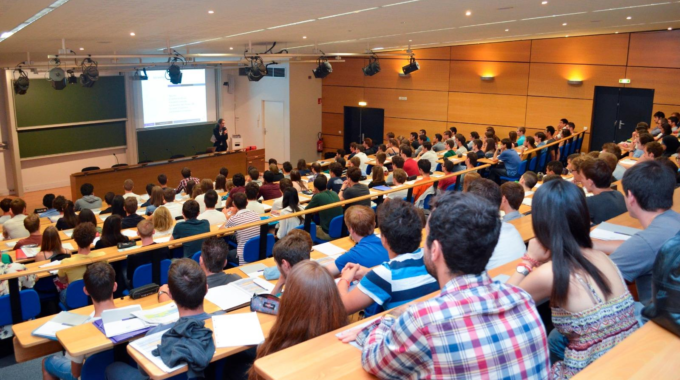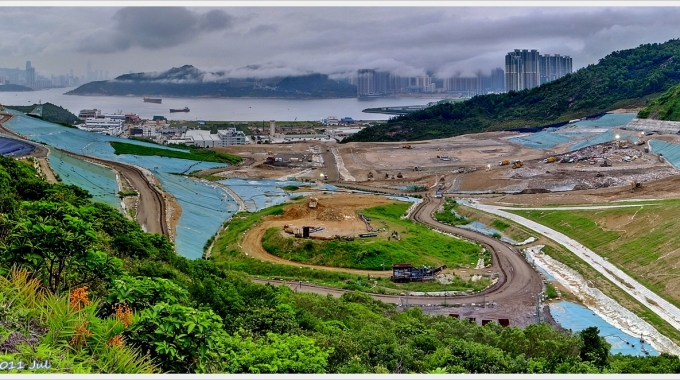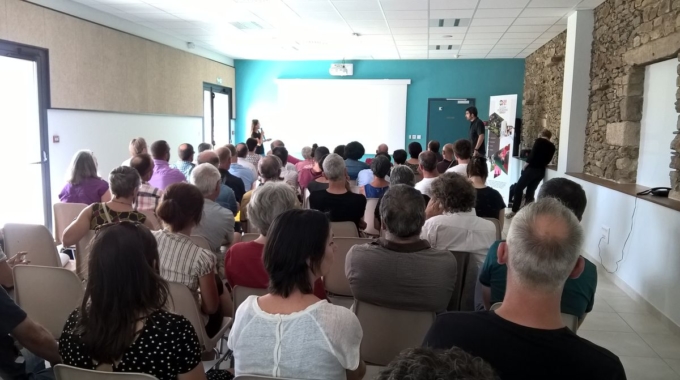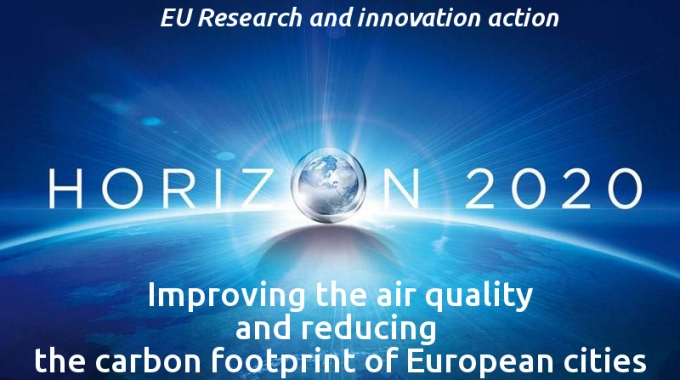
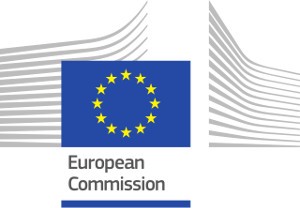 ATMOTERRA à récemment fournit son expertise technique pour la Commission Européenne afin d’évaluer les projets soumis dans le cadre du programme Horizon 2020 de l’Union européenne pour la recherche et l’innovation.
ATMOTERRA à récemment fournit son expertise technique pour la Commission Européenne afin d’évaluer les projets soumis dans le cadre du programme Horizon 2020 de l’Union européenne pour la recherche et l’innovation.
Nous avons été impliqué en tant qu’expert pour le programme H2020 « Construire une croissance sobre en carbone et économe en ressources avec l’utilisation et la mise en œuvre de matériaux durables », et plus particulièrement pour le sujet SC5-4 « Améliorer la qualité de l’air et l’empreinte Carbone des villes Européennes ».
Nous avons évalué 7 propositions de différents consortiums (avec un budget entre 6,5 et 8 millions d’Euros) dans un laps de temps de deux semaines puis discuté sur deux semaines de plus nos évaluations avec trois autres experts dans le but de parvenir à un consensus. Nous avons également rédigé deux rapports de consensus, rassemblant les commentaires d’autres évaluateurs pour ces propositions.
Le responsable de projet au sein de la Commission Européenne a indiqué que M. Bouzonville
s’est acquitté de ses tâches avec le plus haut degré de professionnalisme, offrant des évaluations, des rapports de consensus et des commentaires à ses pairs qui soient précis et le tout dans les délais fixés.
L’empreinte carbone de ce projet a été évaluée à 7.5 kg CO2e (valeur haute, considérant les différentes incertitudes). Cette quantité a été compensée par l’achat de Certificat de Compensation Carbone (un certificat de 75kg CO2e a été acheté, i.e. 10 fois l’empreinte carbone du projet). Cette information a été communiquée à la Commission Européenne à la fin du projet. Ce projet est donc neutre en Carbone.
Pour en savoir plus concernant l’appel à projet de Recherche et d’Innovation SC5-4 « Improving the air quality and reducing the carbon footprint of European cities »:
Specific challenge: The majority of the European population lives in urban environments where citizens are frequently exposed to levels of air pollutants exceeding the limit values established by the European directives. The sources of pollution in cities are mainly linked to urban activities such as transport and heating. Other activities such as energy production, industrial activity, agriculture and trans-boundary pollution play an important role. Air pollution and climate change are strongly connected and there is therefore a need to consider both environmental and climate considerations when designing emission abatement strategies. Integrated approaches are needed to find long-term, sustainable solutions in the EU.
Scope: Development of technological options and strategies to fight against air pollution in urban environments and against climate change ensuring the involvement of the main pollution-generation sectors. Proposals should include the development and application of tools in support of integrated air quality and climate change governance in EU Member States, with the aim of designing and implementing adequate abatement strategies and practices. The specific circumstances of the different regions and cities of Europe and the complex systems dynamics of societal and technological changes required for a transition to air pollution free/low carbon society should be taken into account. Proposals should foster the integration of advanced tools for the assessment, monitoring, modelling – including source apportionment – with innovative technological options and strategies to improve air quality and reduce the carbon footprint of urban areas. Furthermore, awareness-raising actions and policy support activities should be included. Proposals should include the participation of SMEs, as far as possible.
The Commission considers that proposals requesting a contribution from the EU of between EUR 6 and 8 million would allow this specific challenge to be addressed appropriately. Nonetheless, this does not preclude submission and selection of proposals requesting other amounts.
Expected impact:Reduction of the negative effects on health and climate together with the costs associated with air pollution in the EU. Increase compliance with the EU air quality legislation. Support to EU air policy at EU and Member State level. Rapid market deployment of technological and non-technological innovative solutions. Contribution to the goals of the Smart Cities and Communities focus area. Societal transformation to a green and low carbon economy. Improved air quality in EU cities in the medium- to long-term.
Type of action: Research and innovation actions
Web: http://ec.europa.eu/programmes/horizon2020/



